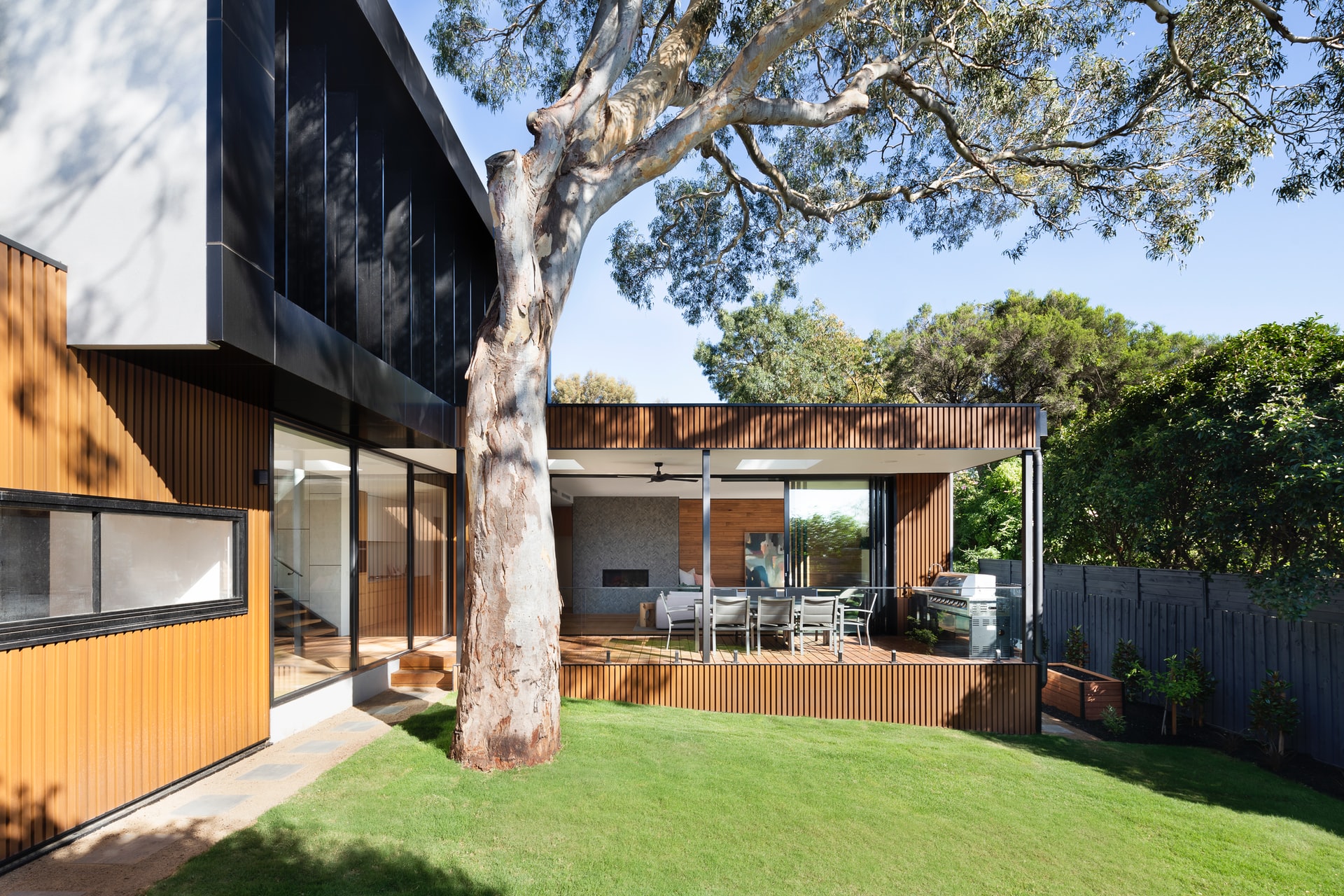If you’re planning to buy a new home soon, you’ll likely be reaching out to prospective lenders to discuss loan options. Conventional and government-backed loans are popular choices amongst prospective buyers. But a jumbo loan could be more suitable if you’re looking to buy a higher-priced home.
What are Jumbo Loans?
Jumbo loans are mortgage products used to purchase homes that exceed the conforming loan limits for conventional loans set by the Federal Housing Finance Agency (FHFA). In most markets, the limit is $647,200, although it increases to $970,800 in high-cost areas.
What are Conventional Loans?
Conventional loans are both conforming and non-conforming mortgage products. Conforming loans are backed by private lenders and meet Freddie Mac or Fannie Mae requirements – both are government-sponsored organizations that purchase qualifying loans, convert them into mortgage-backed securities and turn a profit by selling the repackaged loans to investors.
If the home loan doesn’t meet Freddie Mac or Fannie Mae standards, it’s considered non-conforming. Furthermore, you should know that jumbo loans are classified as non-conforming conventional loans.
Jumbo Loans vs. Conventional Loans: Key Differences
There are some key variances between jumbo loans and conventional loans you should be aware of:
- Borrowing limits: varies by the lender for jumbo loans; capped at $647,200 for conventional loans (or $970,800 in high-cost areas)
- Minimum credit score: 680 for jumbo loans; 620 for conventional loans
- Maximum debt-to-income ratio: Up to 45 percent (or higher for jumbo loans); between 43 and 50 percent for conventional loans
- Loan-to-value ratio: typically lower for jumbo loans, with a cap of 80 percent
- Minimum down payment requirement: 10 percent for jumbo loans (but 20 percent in most instances); 3 percent for conventional loans
- Minimum cash reserves: up to 12 months of mortgage payments for jumbo loans; up to 6 months of mortgage payments for conventional loans
- Closing costs: higher for jumbo loans than conventional loans
- Interest rates: varies by your financial profile and market conditions, and jumbo loans sometimes have lower interest rates than conventional loans
When Should You Get a Jumbo Loan vs. a Conventional Loan?
A jumbo loan may be best if:
- You have excellent credit and a substantial amount of income.
- You need a large home loan that exceeds the conforming loan limits.
- Your dream home is located in a high-cost area.
- You’re looking to purchase a luxury vacation home.
- You’re looking to purchase a vacation home in a high-cost area.
However, a conventional loan could be more suitable if:
- You have fair, good or excellent credit and a low or moderate income.
- You’re considering a home with a purchase price at or below the conforming loan limit.
Contact a Mortgage Lender to Get a Conventional or a Jumbo Loan
Once you’ve compared conventional and jumbo loans to decide which is best for you, the next step is to find a reputable lender. When scoping out options, add Angel Oak Mortgage Solutions to your list of lenders.
Angel Oak Mortgage Solutions is a full-service mortgage lender that offers innovative products to borrowers. Their conventional loans that fit within the conforming loan limits are available to borrowers looking to purchase or refinance a primary, secondary or investment property. Or you can explore a government-backed loan product, like a Federal Housing Administration (FHA) loan, VA loan or USDA loan, to get the funding you need to purchase a property.
But if you’d prefer a jumbo loan, there are two options to choose from:
- Gold Prime Jumbo Loan: borrow up to $3.5 million to purchase a single-family home, townhome or warrantable condo with a down payment as low as 10 percent and DTI ratio of up to 50 percent
- Prime Jumbo Loan: similar to Gold Prime Jumbo but caps the maximum loan amount at $3 million
- Non-QM Platinum Jumbo Loan: borrow up to $3 million and get a 40-year fixed interest-only payment structure
Get started with Angel Oak Mortgage Solutions by completing the brief online questionnaire. It’s fast, simple and won’t impact your credit score.







